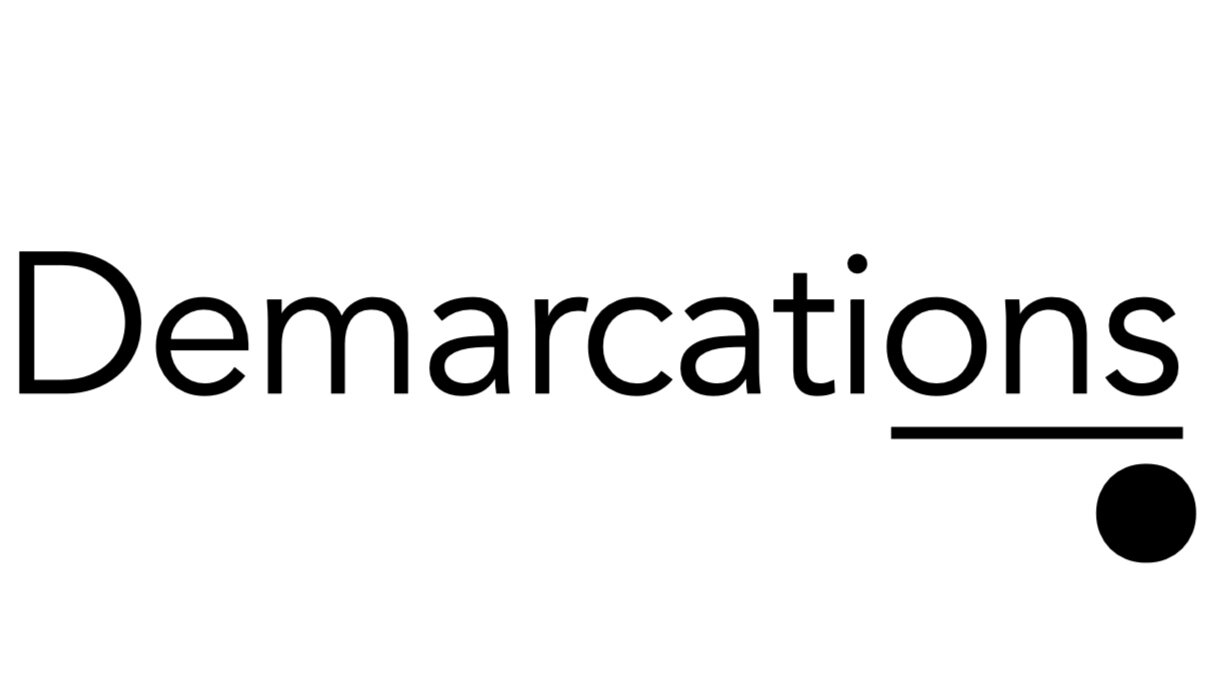The books I’ve read recently were all written in the last ten years. Most were published in the last two years. I’m not alone in my choices. By focusing in this way, are we losing a broader context, missing foundation for deeper thoughts and understanding, especially when the ground on which we stand seems to be shifting so tumultuously?
Photo: William Silver, The Wren Building at the College of William and Mary.
True, historical books remain popular (e.g. Grant, Sapiens, Hamilton of course). But these works still filter history through a contemporary eye.
Now seems like a critical time to step back, view the big picture, and revisit ancient wisdom. If one undertook such task, what would the reading list look like?
A first edition of Herodotus' history of the Persian Wars sold by Christie’s. Edited by Aldus Manutius (c. 1452-1515). Venice: Aldus Manutius, September 1502.
The earliest known drawing of the Wren Building was made by Franz Ludwig Michel, a Swiss traveler, in 1702. It is a view of the east elevation. (Courtesy College of William & Mary)
My first thought — thinking about how Lincoln and Hamilton initially struggled to find books — was that the list would be short. The number of published books in circulation during the 18th Century was small by today’s standards.
I returned to Thomas Jefferson’s famous letter to his nephew Peter Carr. Carr was essentially a high school student at this point. Jefferson was “much mortified” to hear how little Carr had progressed in his studies. So Jefferson gives him a reading list and promises to send him various volumes.
I compiled Jefferson’s list below.
I left off the scientific and mathematic books — Jefferson recommends that Carr wait to study these subjects until university. And given the progress we’ve made in these domains, this is one area where newer books are better, unless of course one wanted to study the texts for historical purposes.
However unostentatiously Jefferson seems to suggest this as starting point for a young man’s education, these books would — today — surely comprise a rigorous undergraduate curriculum in the humanities.
And — it’s hard to conceive of doing this now — but remember that students then read the Greek and Roman texts in their original ancient languages, rather than in translation. The better mathematic and scientific texts were in French. Jefferson strongly promoted learning Spanish. So, the prerequisites themselves were daunting.
Photo: Page one of "Thomas Jefferson to Peter Carr, 10 August 1787". Image from the Library of Congress, The Thomas Jefferson Papers. By this point, Carr was studying law under George Wythe at William & Mary.
As intimidating as this list seems, it’s also narrow in scope. There are no works from any non-Western cultures, where ideas also flourished and produced similarly important texts. (Add those to the list — extra credit!)
Summer isn’t over yet. So, before you pick up that latest James Patterson novel, behold Thomas Jefferson’s Reading List:
Greek History
- Goldsmith's history of Greece
- Herodotus
- Thucydides
- Xenophontis Hellenica
- Xenophontis Anabasis
- Arrian
- Quintus Curtius
- Diodorus Siculus
- Justin
Roman History
- Livy
- Sullust
- Caesar
- Cicero's epistles
- Suetonius
- Tacitus
- Gibbon
Greek and Latin poetry
- Virgil
- Terence
- Horace
- Anacreon
- Theocritus
- Homer
- Euripides
- Sophocles
“Modern” literature
- Milton's Paradise Lost
- Shakespeare
- Ossian
- Pope's work
- Swift's works
Morality
- Epictetus
- Xenophontis Memorabilia
- Plato's Socratic dialogues
- Cicero's philosophies
- Antoninus
- Seneca




